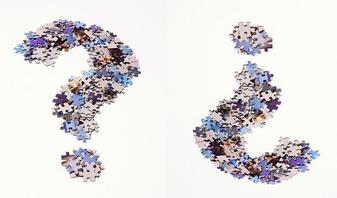One of the first questions that most people ask Bonny and I about Inquiry Buddies is how we assess inquiry? Basically how do we mark it? Now this is a very interesting question, because I don't believe that I need to assign a final mark to the inquiry buddy project. My belief is that once we do, the whole process is tainted, basically defeating the reason why we wanted to do this style of inquiry with them. It unsettles a lot of people, and I think might even make them resistant to trying inquiry buddies with their students.
Here is the greater picture, what teachers are really asking us is how do we put a summative assessment on all of the work and efforts the students have done. Instead, they should be asking how are we assessing for learning throughout the process.
Here is the greater picture, what teachers are really asking us is how do we put a summative assessment on all of the work and efforts the students have done. Instead, they should be asking how are we assessing for learning throughout the process.
| When I was at the AMLE (American Middle Level Educators) conference this weekend, I had the great pleasure to see both Rick Stiggins and Rick Wormeli present on assessment. They both stressed that formative assessment has the greatest impact on student progress and self-esteem as a student. Rick Stiggins stated in his presentation that student confidence is fragile and assessments should not damage students, it should help them. If Bonny and I assigned marks to their Inquiry process, it would become less about the learning and more about the mark. Instead, the two of us want to see students rigorously engage in their learning. This is achieved by providing them with descriptive, valuable feedback at every step of the way. |
The purpose of inquiry buddies is to help them utilize and refine 21 Century learning skills while igniting and sustaining a love of learning. "Assessment for learning is the key to creating life long learners" (Rick Stiggins). Inquiry buddies sets up a year of dialogue between teacher and student where they are closely monitored along the way. This way, we make the students in charge of their learning, not the teacher. We, the teachers, then become facilitators of where their learning goes, not dictators. In his presentation, Rick Wormeli stated, "grades get in the way of learning. Descriptive feedback is what we need to learn." This is how we assess Inquiry Buddies. We constantly provided descriptive, honest feedback to help guide students to connecting at a deeper level with the content.
| We assess by not providing a final judgment on their final product. In the end if the facilitators of learning - the teachers- have done their job, all students will have produced something great for them. By providing them feedback, we will help them reflect and compare it to what they can accomplish. |
Rick Wormeli and Rick Stiggins both helped me to further articulate to others why no final mark should be placed on the Inquiry Buddy process. Instead, Inquiry Buddies needs to be thought of as a place where they are practicing skills, while receiving constant descriptive feedback to support their learning. I can leave the summative assessment for elsewhere, knowing that if we use Inquiry Buddies as a place to formatively assess, the skills they develop will transfer into other areas.


 RSS Feed
RSS Feed
